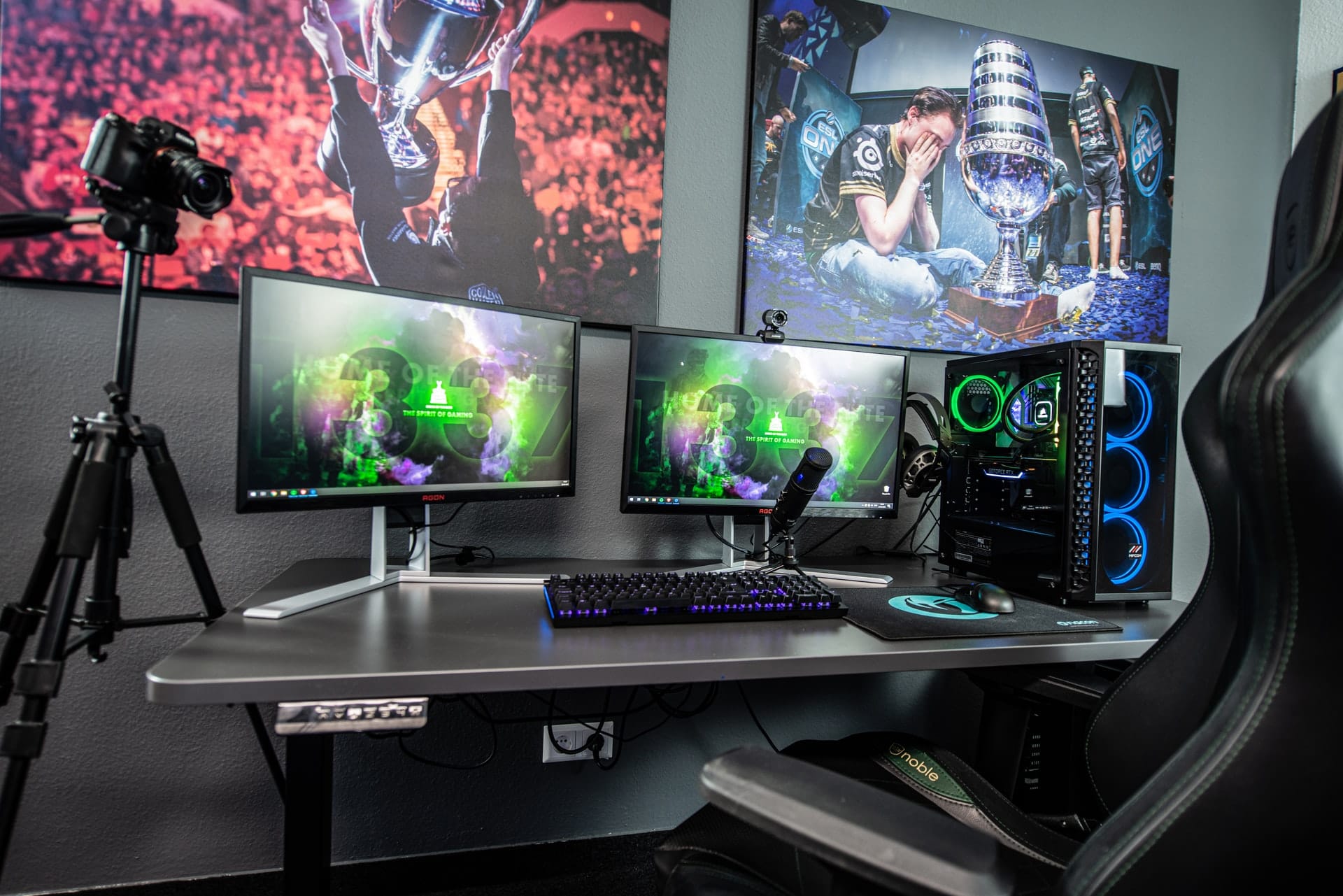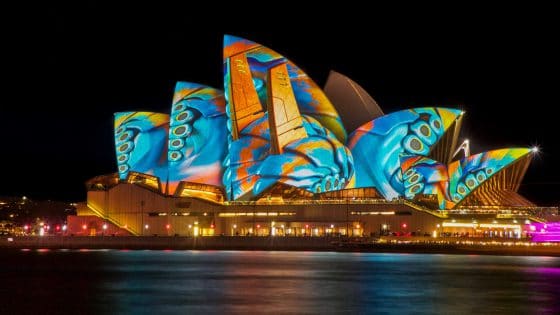Last week, we asked Marie Lee, the Insights and Strategy Lead at Culture Group on the ‘Culture Cast’ report published by Culture Group, that explores trends data across Southeast Asia. With over ten years of experience, Marie is an expert in female Gen-Z perspectives, purpose-based marketing, and the adaptation of global trends in local markets across Southeast Asia.

Marie Lee
Hey Marie. What consumer habits are here to stay in 2021?
The accelerated consumption of entertainment and passion among the youth segment is definitely here to stay. We’ve seen over the past year that publishers, IP owners and platforms have pivoted their audience engagement strategies to increase accessibility for content and experiences on-demand.
Secondly, the ‘Creation Generation’ is on the rise. The desire to be seen and heard, will increasingly be seen in consumer habits as the youth Creation Generation tap on the tools available to them to create their own story. No longer will it be sufficient for brands to passively feed them content as the Creation Generation will demand a stage to co-write and co-create.
What types of innovation do you expect in pop culture? Do share some examples.
We expect to see innovation in pop culture being driven by the rapid adoption of new technology, especially with consumers experiencing a greater reliance on digital connectivity to get them through the pandemic.
At Culture Group, we expect three types of innovation taking place in pop culture:
- Polycultural synergies
Crossovers between creators, IP owners and brands that will result in overlaps in media formats, alternative forms of content and more immersive and refreshing experiences for fans to enjoy. Last year, we have already experienced how avatar performances, in-game goods, virtual K-pop bands have been embraced by Gen-Z audiences. The youth segment will continue to turn to new forms of entertainment, and ultimately brands that can offer something new and allow fans to express their passion, will thrive.
- Immersive, personalised experiences
Consumers’ readiness to embrace new tech and demand for fresh experiences will catalyse the innovation for more immersive personalised experiences – in music, gaming and lifestyle. While technologies like AR and VR have already been available in recent years, 2021 will see an increase in mass adoption of these technologies to feed their hunger to be entertained.
- Gloculization of pop culture
Global cultural trends that are localised to be relevant, will permeate the consumer landscape and result in creative, meaningful executions for fans. For example, more markets in Southeast Asia will welcome music acts like SB19, the Korean style boy band, as K-pop grows from a passing trend to becoming a lifestyle.
How will pop culture revolutionise games and esports, and how can brands take advantage of this?
It will no longer be sufficient for brands to merely be present at gaming events in 2021. Establishing a virtual presence in-game and within the metaverse is critical for any brand that wants to reach gaming fans.
Brands should also be cognizant of games and esports as the hotbed for Gen-Z to hang out, meet new people and get entertained. This means more hours spent on gaming platforms, more innovations in gaming experiences and more marketing touchpoints for brands to tap on.
2020 accelerated the rise of casual gaming, as well as the rise of female gamers. Beyond hardcore gamers, the audience for games and esports has expanded exponentially, and its prime time for brands to pay attention to this space to stay ahead.
More immersive forms of games will also introduce more creative marketing touchpoints for brands – so brands looking to stay relevant and increase their brand’s opportunity to be experienced by the community need to act now.
Pop culture has always influenced fashion and beauty. With all these innovations in pop culture, what are some fashion trends you expect to see in 2021? How can brands get on board with this trend?
Recommerce is one trend that will be on the rise as sneaker resale in the region continues to balloon to $30 billion in 2030. Eco-consciousness and exclusivity will work hand in hand to drive demand and hype around streetwear’s most coveted products. Members of the ‘woke’ fashion world will also spur more recommerce as sustainability and ‘mindful shopping’ attitudes continue to be top of mind for Gen Z consumers.
Technology will redefine the online-to-offline (O2O) model as consumers will have greater demands for what they experience physically. Fashion and beauty brands looking to grow loyalty and maximise touch points should look at physical retail as immersive ‘stages’ within their omnichannel strategy, to communicate their brand story.
The influence of gaming, K-culture and immersive technology will also influence trends taking place in fashion and beauty. Consumers today can experience fashion and beauty in a myriad of ways, from gaming skins, to zoom filters, and virtual outfits. Fashion brands need to leverage these new platforms to create experiences that can enable them to translate culture into commerce.
Looking forward, what can brands do to stay culturally relevant amongst youths in Asia?
Reframe the way you think about your audience segments and your channels to communicate with them, instead of interrupting them and forcing your brand to fit into their lives.
Using pop culture as a medium enables your brand to stay on top of what your consumer loves and cares about, resulting in more meaningful engagement with your audience.
At Culture Group, we believe when you create value and experiences in their respective passion points, that’s when loyalty and relevance to your brand will follow suit.
Do you have an article, infographic, podcast, presentation slides, press release or a key individual from your organisation that you'd like to highlight on Marketing In Asia? Head on over to Upload Your Content for more info.



















